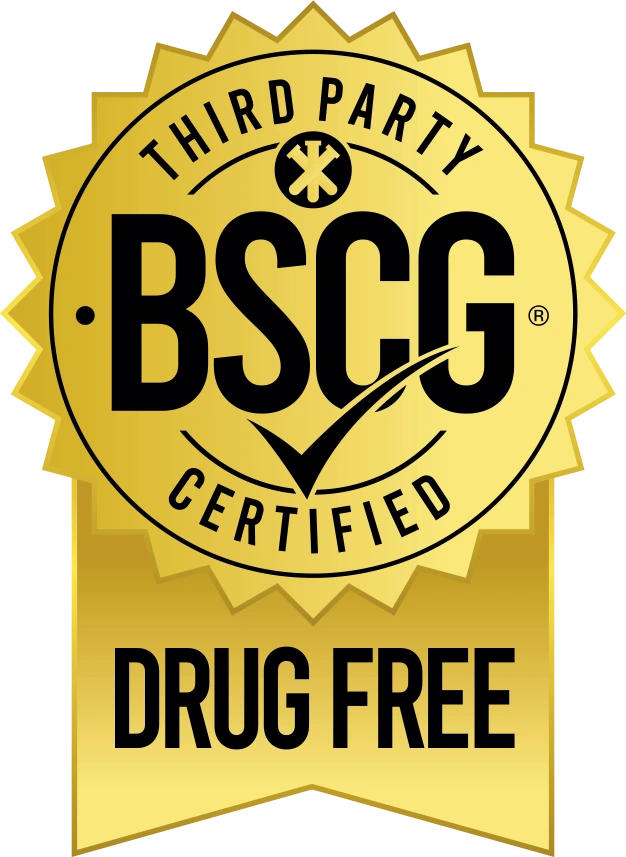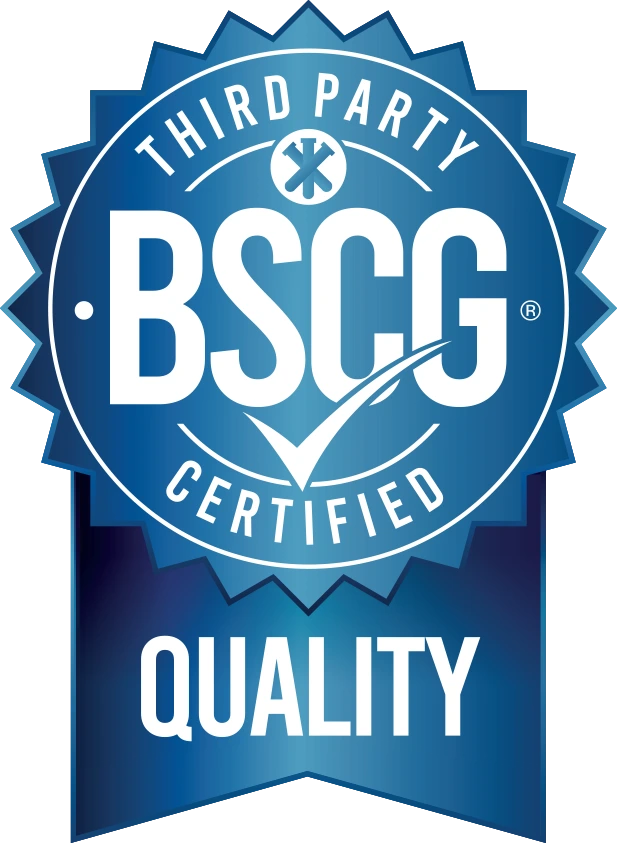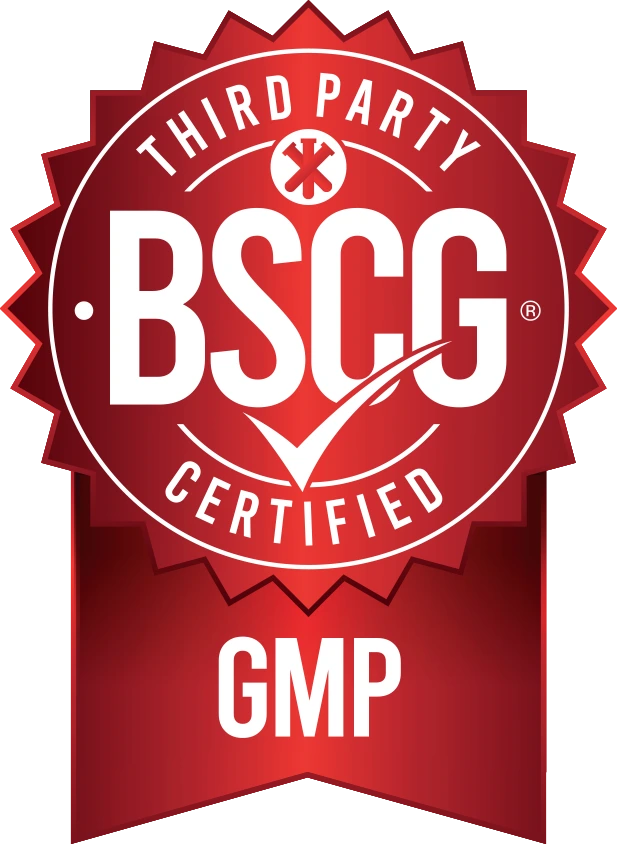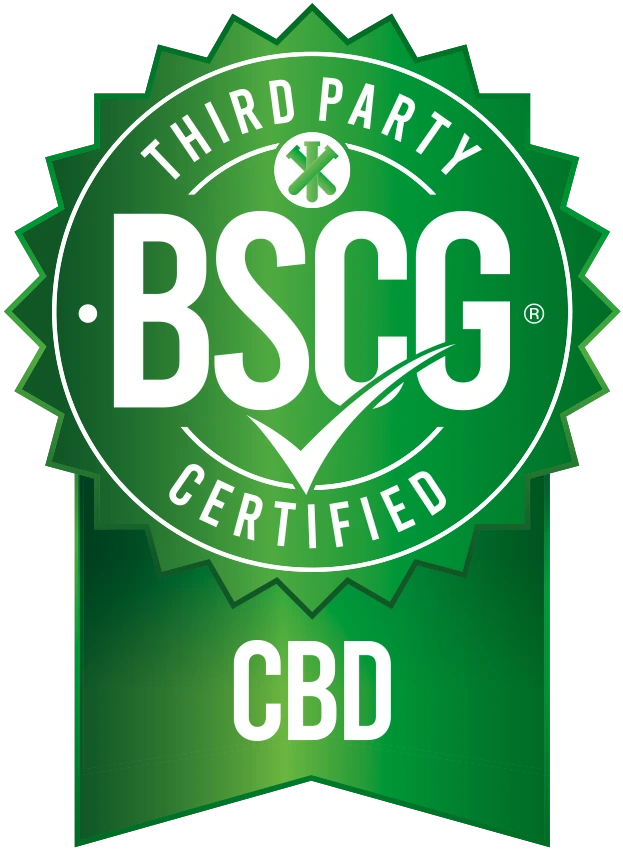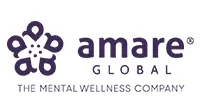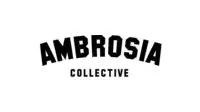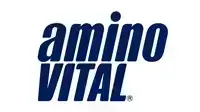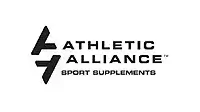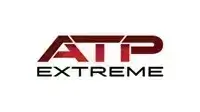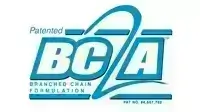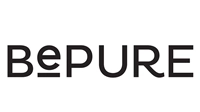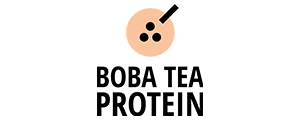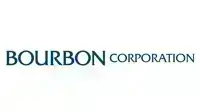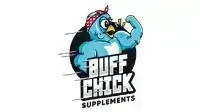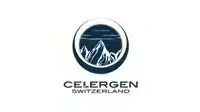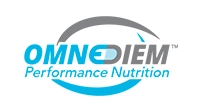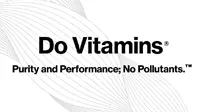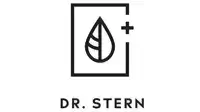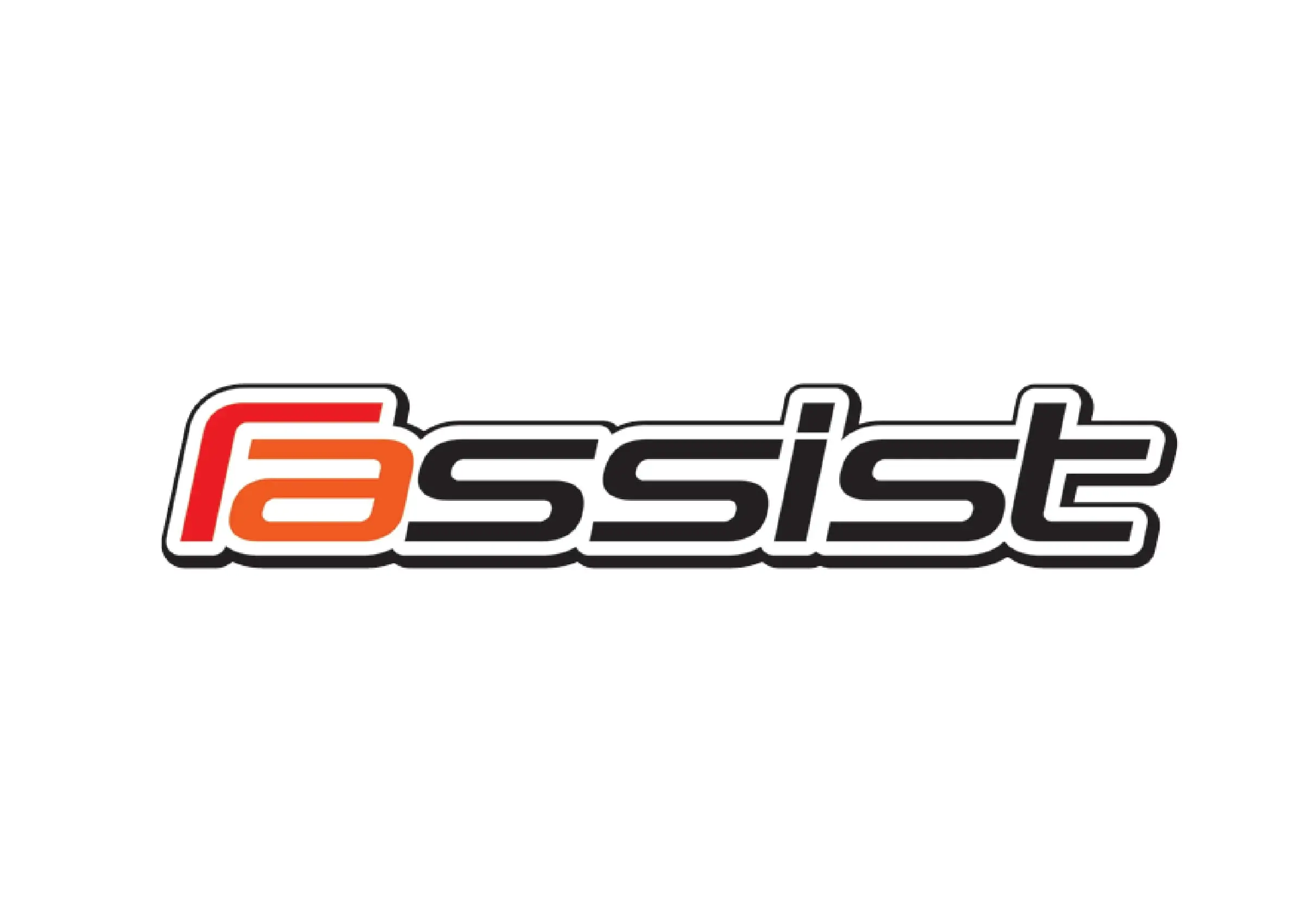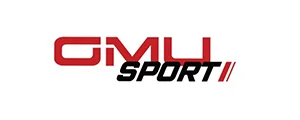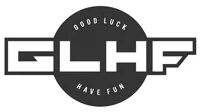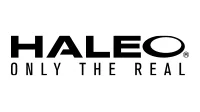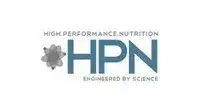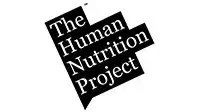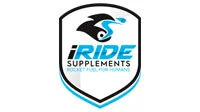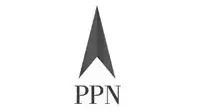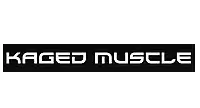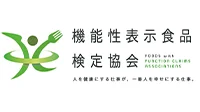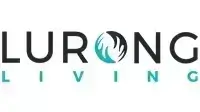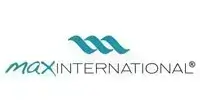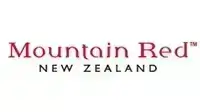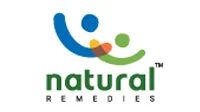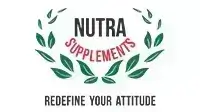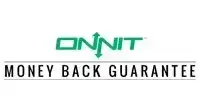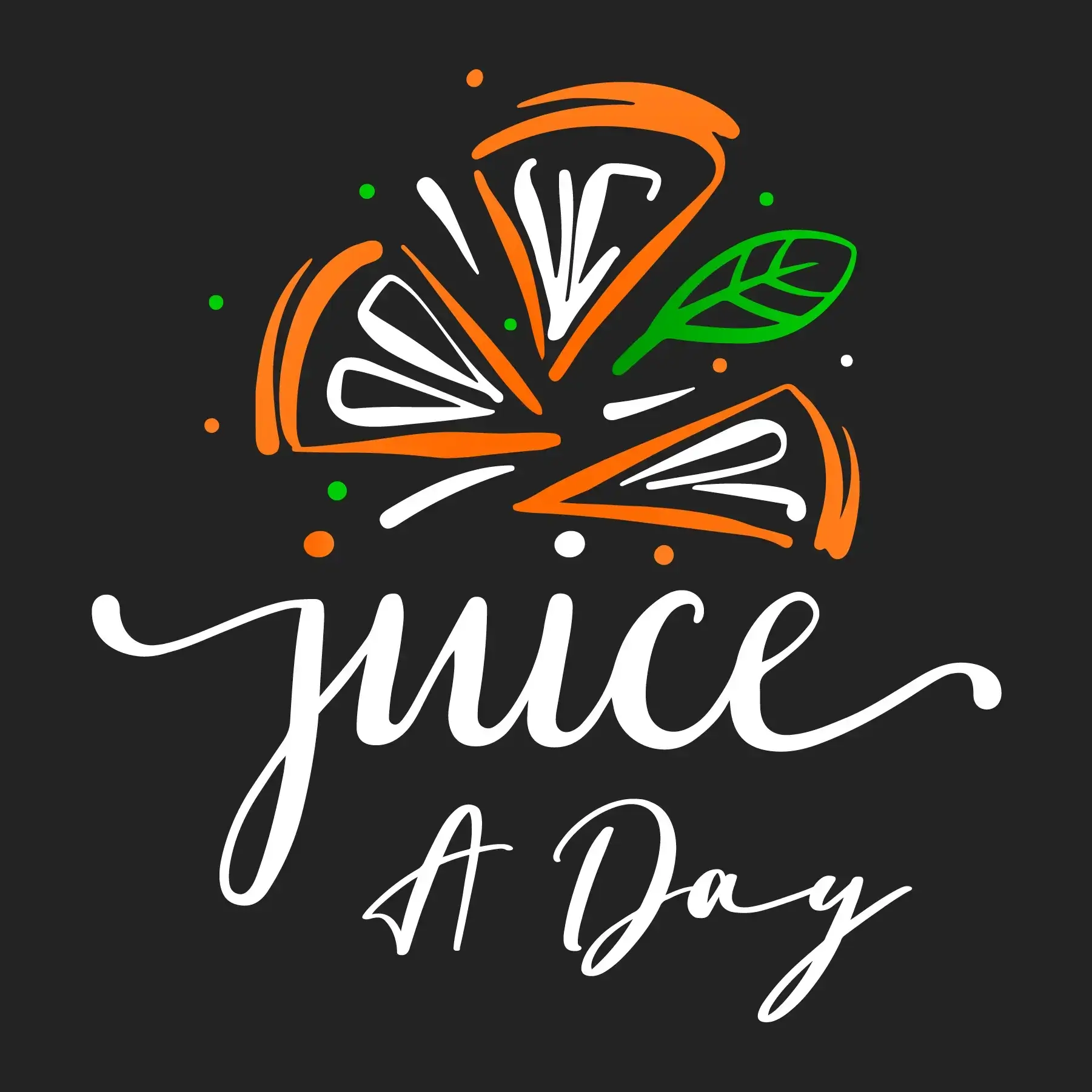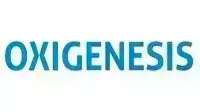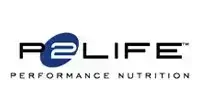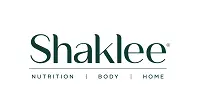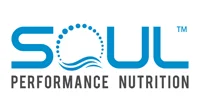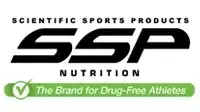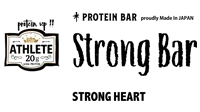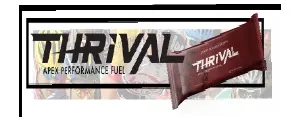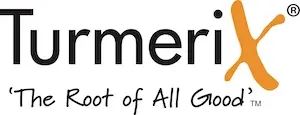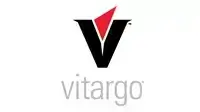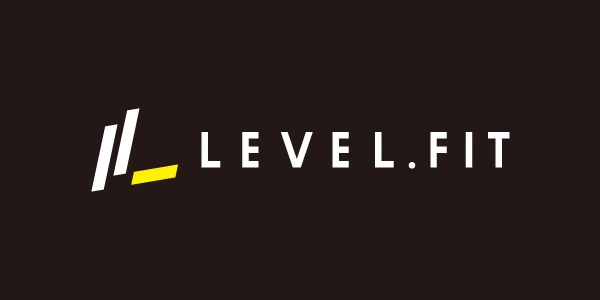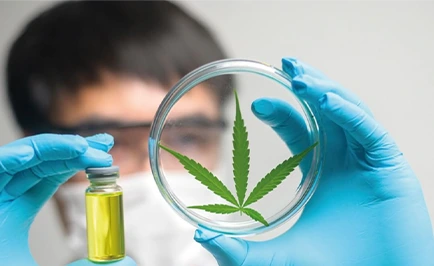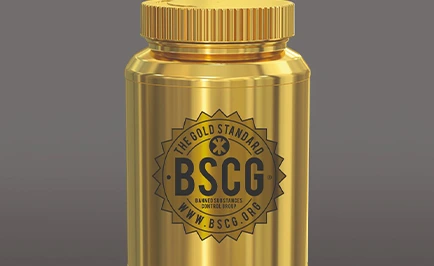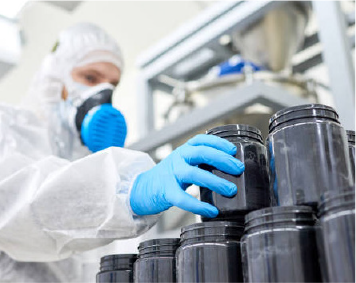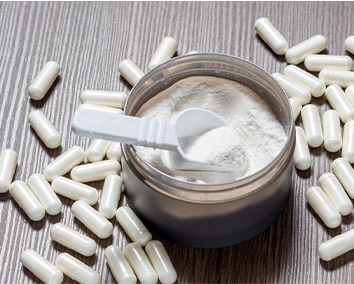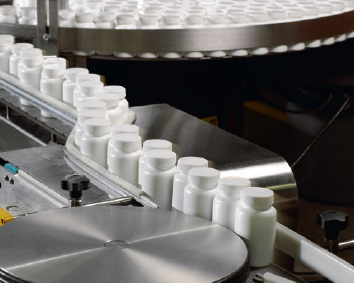Even Big Supplements Make Mistakes
Oct 26, 2023

Even Big Supplements Make Mistakes
If you’re a consumer, you feel you can trust the biggest brands. Household names got that way thanks to decades of dependability where they’ve delivered on their promises. It’s about trust. Nestle is one such global brand. They’re a company behind some of the world’s most recognizable household food names. Haagen-Daz. Cheerios. Kit Kat. They’ve done it all, but Nestle’s Health Science division stumbled with their Vital Proteins brand a few months ago. Nobody is immune to mistakes, especially when creating products on such a large scale, but theirs is a case worth exploring as an example to the entire industry.
? A Closer Look at Vital Proteins Collagen Peptides Recall?
Vital Proteins, an incredibly successful and trusted supplement brand, recently made headlines for the wrong reasons with a voluntary class II recall initiated due to potential foreign material contamination. This recall impacted one batch of 60,000 24-ounce Collagen Peptide products. It’s believed pieces of a single broken blue lid could be in some of the affected canisters, which consumers were at risk of ingesting. Luckily, no injuries were reported, and the recall was made immediately after discovering the error. The FDA’s policies note that hard or sharp foreign objects in foods can cause traumatic injury to the digestive system or parts of the throat and mouth. Even a tiny shard of plastic can cause trouble without the consumer knowing they’ve eaten it. Thankfully Vital Proteins is a GMP and SQF third-party certified manufacturer and the strong underlying quality control processes recognized and addressed this concern voluntarily and proactively. Brands and manufacturers that do not commit to third-party certification may not have been able to recognize or respond to an issue like this the way Vital Proteins did.
⚠️ The Ever-Present Risks ⚠️
This isn’t something that Vital Proteins wanted to happen but issues always come up and companies need to be prepared to respond and react. This recall emphasizes that supplements can pose unforeseen risks. This case shows that it's not just about what goes into the product; it's about the quality control and safety measures during the manufacturing process that help protect both the brand and the consumer from the inevitable issues that arise.
? What You Can Do to Offer Protection?
A failed drug test, thanks to a contaminated supplement, always grabs the headlines. It has happened all too often and when it does it puts brands in an unwanted spotlight. This potential risk is not addressed by GMP requirements and testing for banned substances is completely voluntary for brands. This batch testing is vital for any sport nutrition brand but it also provides broad protections for general consumers looking for high quality supplements as batch testing for banned substances is only one element of a broader approach that protects all consumers. The Vital Proteins recall case highlights the importance of focusing on quality during production. Quality supplements are manufactured in compliance with Good Manufacturing Practices (GMP) (which includes appropriate recall procedures), have accurate label claims, and can verify that no harmful banned substances or other environmental contaminants are present. Those are the three pillars included in BSCG third-party certification that can help infuse quality in your brand and build a long-lasting relationship with consumers and also ensure protection for any drug tested athlete or professional interested in your product. If you want to become a big brand like Nestle, this starts and ends with a commitment to quality long before a supplement is put on shelves. Third-party certification can help build that foundation of quality.



